_1.png)
Maintaining a rental property is not just about keeping it looking good; it's essential for the safety, comfort, and satisfaction of tenants, as well as for the preservation and enhancement of the property's value.
Whether you are a new landlord or have been in the business for a while, understanding the importance of property maintenance and your responsibilities can save you a significant amount of time and money.
The Importance of Property Maintenance
Property maintenance ensures that the property remains a safe and healthy environment for tenants, which is a legal requirement for all landlords.
Moreover, a well-maintained property is more appealing to prospective tenants, which helps to reduce vacancy periods and increase rental income.
What Are a Landlord’s Property Maintenance Responsibilities?
Structural Maintenance
You must ensure that the basic structure of the building is sound and safe. This includes the roof, walls, chimneys, stairs, and foundations. Regular inspections can help identify issues such as cracks or water damage before they escalate.
Utilities
Electrical systems, heating and cooling systems, water, and plumbing must all be kept in good working order. Compliance with safety codes is crucial to prevent hazards and ensure tenant safety.
Health and Safety
This includes maintaining all safety equipment such as smoke detectors, carbon monoxide detectors, and fire extinguishers. It’s also important to address environmental hazards like lead paint or asbestos, which are found in older buildings.
.jpg)
Exteriors and Common Areas
Landlords are responsible for maintaining the exterior parts of a property, including parking lots, gardens, and communal areas. Regular cleaning, lawn care, and prompt snow removal are important to ensure accessibility and safety.
What Are the Tenants’ Property Maintenance Responsibilities
Tenants also play a critical role in maintaining rental properties including:
Keeping the Property Clean: Tenants should keep the property clean and sanitary to avoid issues like mold, infestations, and undue wear and tear.
Minor Repairs: While the landlord handles major repairs, tenants are often responsible for minor ones such as replacing light bulbs, smoke detector batteries, and other small fixtures.
Damage Reporting: Tenants are legally required to report any damage or issues that require repair promptly. This helps landlords address problems before they worsen.
Respecting Property Rules: Tenants should adhere to all property rules, including those regarding smoking, pet ownership, and alterations to the property.
Additional Maintenance Opportunities
Beyond the basics, there are several ways landlords can keep their properties in excellent condition:
Seasonal Inspections: Conducting seasonal inspections can help catch issues related to weather changes, such as gutter clogs during fall or HVAC needs before summer.
Upgrades and Improvements: Periodically updating appliances, painting, and making improvements can increase the property’s value and appeal.
Responsive Repairs: Addressing repairs promptly can prevent minor issues from becoming major problems and shows tenants that you are a responsible and attentive landlord.
.jpg)
How Hiring Professional Property Managers Can Help
For landlords who find the details of property maintenance overwhelming or who own multiple properties, hiring a professional property management company like The Maryland and Delaware Group PM can be beneficial.
These companies handle all aspects of day-to-day property maintenance and tenant management, which can significantly reduce the burden on the landlord. They ensure that the property complies with all legal standards and that issues are addressed promptly and professionally.
Additionally, professional property managers offer the following:
1. Expert Handling of Legal Responsibilities
Property managers are well-versed in local and state regulations that affect rental properties, including tenant rights, fair housing laws, and safety compliance. They ensure that your property adheres to all legal requirements, thereby reducing the risk of costly lawsuits and fines.
2. Efficient Tenant Management
From screening tenants to handling lease agreements, move-ins, and move-outs, property managers handle all aspects of tenant management. They conduct thorough background checks to ensure reliable tenants occupy your property.
This includes checking credit scores, criminal history, employment verification, and previous rental history.
3. Maintenance and Repairs Coordination
One of the biggest advantages of hiring a property manager is their ability to handle ongoing maintenance and urgent repairs efficiently.
.jpg)
They have established relationships with trusted contractors and service providers, ensuring that any issues are addressed promptly and at a reasonable cost. This not only helps in maintaining the quality of the property but also in preventing minor issues from escalating into major repairs.
4. Financial Management and Rent Collection
Property managers handle the financial aspects of managing a rental property, including setting, collecting, and adjusting rent according to market conditions.
They ensure that rent is collected on time and follow up on any arrears. They also maintain detailed records of income and expenses, which is invaluable for budgeting and tax purposes.
5. Marketing and Vacancy Filling
Property managers are skilled at marketing rental properties effectively. They know how to craft property listings that attract the right audience, take professional-quality photos, and conduct viewings to prospective tenants.
Their expertise often results in shorter vacancy cycles, which directly impacts the profitability of your investment.
6. Stress Reduction and Time Savings
Perhaps the most significant benefit of hiring a property manager is the peace of mind and time savings it offers. Knowing that a professional is handling the day-to-day operations of your property allows you to focus on other business ventures or personal interests without being bogged down by management tasks.
7. Local Market Insights
Property managers possess valuable insights into the local rental market. They can provide advice on competitive rental prices and suggest property upgrades that increase appeal and value. Their expertise can help you make informed decisions that enhance your property’s profitability.
Conclusion
Effective property maintenance requires a proactive approach and understanding of legal responsibilities. By maintaining your rental property, you not only comply with laws and regulations but also boost its overall value and desirability in the competitive rental market.
If you need assistance, work with a professional property manager. Contact The Maryland and Delaware Group PM and we’ll be happy to help you.


